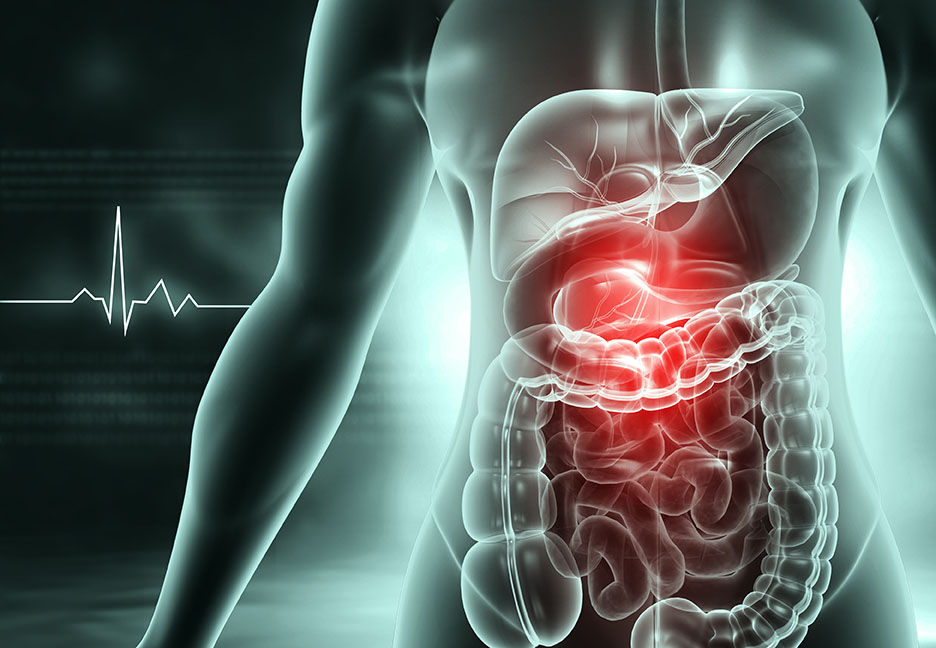
digest
Definition
To digest means to break down food into smaller molecules that can be absorbed by the body. This process takes place in the digestive system, which is a long tube that runs from the mouth to the anus.
The digestive system has many different parts, each of which plays a role in breaking down food. The mouth starts the process by chewing food into smaller pieces. The stomach then mixes the food with digestive juices, which help to break down the food even further.
The small intestine is where most of the digestion takes place. The walls of the small intestine are lined with tiny villi, which are finger-like projections that help to absorb the nutrients from the food.
The large intestine absorbs the remaining water from the food and then eliminates the waste products.
The digestive system is a complex system that works together to break down food and absorb nutrients. This process is essential for the body to get the energy and nutrients it needs to function properly.
How can the word be used?
The therapist helped the patient to digest her childhood trauma.

Different forms of the word
Noun: digest.
Verb: digest.
Adjective: digestible.
Adverb: digestibly.
Synonym: assimilate.
Antonym: indigestible.
Etymology
The word "digest" comes from the Latin word digestus, which means "to break down" or "to assimilate". It is made up of the two Latin words di (apart) and gerere (to carry).
Question
What can you digest?
AQA Science Exam Question and Answer
Question:
Describe the process of digestion in the human digestive system and explain the importance of mechanical and chemical digestion in breaking down food. Provide examples of specific enzymes and their roles in the digestive process.
Answer:
Digestion is the complex process of breaking down food into smaller, absorbable molecules to provide nutrients and energy for the body. In the human digestive system, it involves both mechanical and chemical processes. Mechanical digestion begins in the mouth through chewing, which increases the surface area of the food, making it easier for enzymes to act. In the stomach, churning and mixing of food occur, further aiding in its breakdown.
Chemical digestion involves the action of enzymes. For instance, amylase in saliva begins breaking down starch into simpler sugars in the mouth. In the stomach, pepsin breaks down proteins into smaller peptides. Later, in the small intestine, enzymes like lipase, amylase, and protease further break down fats, starches, and proteins, respectively. These processes are crucial as they facilitate nutrient absorption by the small intestine, enabling the body to obtain essential substances like glucose, amino acids, and fatty acids, necessary for growth, repair, and energy production.